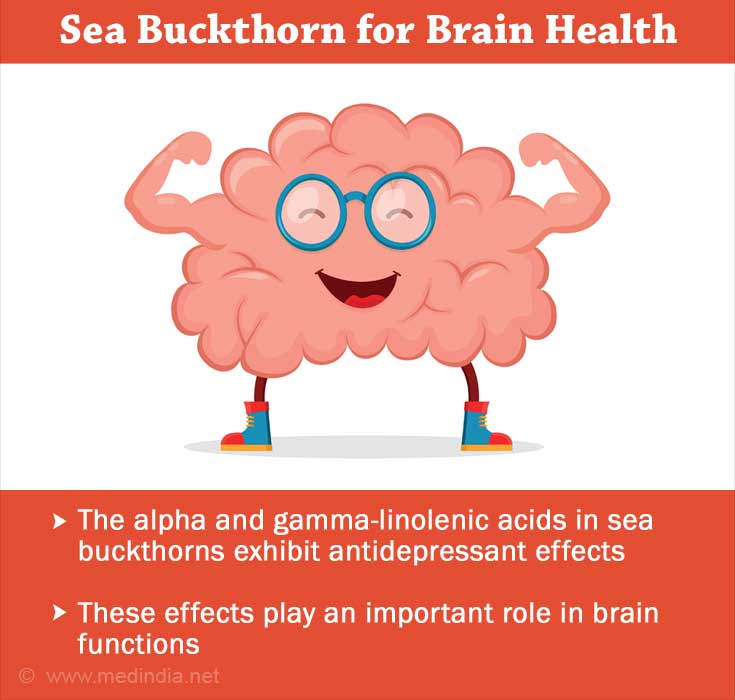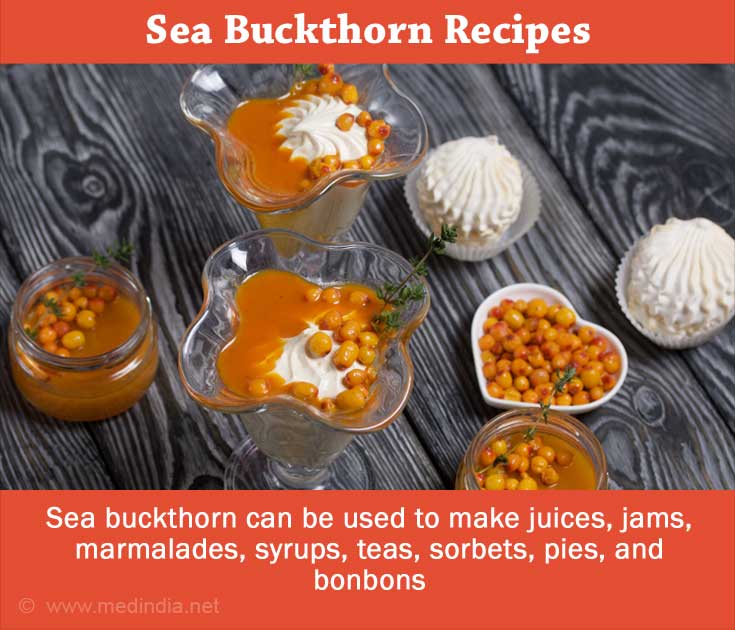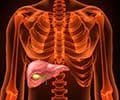- Olas B, Skalski B, Ulanowska K. The Anticancer Activity of Sea Buckthorn [Elaeagnusrhamnoides(L.) A. Nelson]. Front Pharmacol. 2018 Mar 15;9:232. doi:10.3389/fphar.2018.00232.PMID: 29593547; PMCID: PMC5861756
- Gâtlan, A. M., &Gutt, G. (2021). Sea Buckthorn in Plant Based Diets. An AnalyticalApproachofSeaBuckthornFruitsComposition:NutritionalValue,Applications,andHealthBenefits. International journal of environmental research and public health, 18(17), 8986. - (https://doi.org/10.3390/ijerph18178986)
- Zielińska, A., & Nowak, I. (2017). Abundance of active ingredients in sea-buckthornoil.Lipidsin healthanddisease,16(1), 95. - (https://doi.org/10.1186/s12944-017-0469-7)
- KoskovacM, CuparaS, KipicM, BarjaktarevicA, MilovanovicO, KojicicK, Markovic M. - (https://doi.org/10.1186/s12944-017-0469-7)
- Sea Buckthorn Oil—A Valuable Source for Cosmeceuticals. Cosmetics. 2017; 4(4):40. - (https://doi.org/10.3390/cosmetics4040040)
- Lewis-Stempel, J. (2012). Foraging: The Essential Guide to Free Wild Food. UnitedKingdom:Little,BrownBook Group. - (https://doi.org/10.3390/cosmetics4040040)
- Herbalgram - (https://www.herbalgram.org/media/12021/issue78.pdf)
What is Sea Buckthorn?
Sea buckthorn (Hippophaerhamnoides), belonging to the family Elaeagnaceae, is a plant with a rich history in medicine pertaining to the 100 types of compounds present in it. The plant has been extensively included in research in recent centuries. It is distributed over a wide region across the world and can be found from sea shores to mountains. Sea buckthorn uses are seen in the food industry, nutraceuticals, and cosmetics.
The health benefits of sea buckthorn have been exclusively researched and are found to have a sound nutritive profile. The plant is extensively studied in relation to cancer, heart health, brain, and skin problems. Different parts of the plant are used for their medicinal properties.
What are the Health Benefits of Sea Buckthorn?
The roots, stems, leaves, seeds, and berries of the deciduous shrub have been researched to understand their health benefits. The berries of the sea buckthorn, also known as the sea berries, are enriched with bioactive components namely, vitamins, phenolic compounds, phytosterols, and unsaturated fatty acids. Details on the health benefits of sea buckthorn are the following -
- Sea Buckthorn and Cancer: The phenolic compounds (namely flavonoids, kaempferol, quercetin, isorhamnetin) present in sea buckthorn renders anti-tumor effect and is found to be valuable in preventing and treating cancer. The vitamin C and carotenoids in sea buckthorn is a promising factor in the inhibition of cancer cell proliferation. Its berry juice has also been reported to possess anti-proliferative properties. Its oils manifest anti-tumor effects. Sea buckthorn capsules, oral liquids, and gelatins are incorporated with its oil and have been shown to play a vital role in cancer treatments and treating its side effects. Sea buckthorn oil also helps counteract cancer treatment side effects such as, improved appetite, kidney, and liver function.
- Sea Buckthorn and Heart Health: The benefits of heart health owe to the cholesterol-lowering and HDL-cholesterol (high-density lipoprotein) increasing effects. It can also help prevent atherosclerosis, thus promoting heart health.
- Sea Buckthorn and Brain Health: The alpha and gamma-linolenic acids exhibit antidepressant effects and plays an important role in brain functions and the central nervous system.

- Sea Buckthorn and Skin Health: Sea buckthorn oil contains saturated fatty acids such as palmitic and stearic acids that impart rigidity, firmness, and smoothness to the skin and also strengthens skin protection. The lipids (such as sterols, phospholipids, and glycolipids) in sea buckthorn are rewarding for the skin for their moisturizing properties. The lipids also aid in cell renewal and regeneration, reducing inflammation, skin elasticity, slows aging and provides protection. Its oil-rich in carotenoids and tocopherols is used to treat bed sores, burns, frost bites, and skin damage occurring due to sun or x-rays exposure.
- Sea buckthorn and Hair: Sea buckthorn contains lecithin that helps in the removal of excess sebum from the hair. It is being used in hair care products such as shampoo and conditioner, as it helps in strengthening, recovering damaged hair, restores elasticity, and prevents hair loss.
Recipes
Sea buckthorn uses in the kitchen are several. They are used in jams, sauces, pies, bonbons, marmalades, syrups, sorbets, flavored teas, and many more. It is also being used as marinades and to flavor champagne and schnapps.
The berries of the sea buckthorn can be used together with jams, juices, or oils and are characterized to possess antioxidant, anti-inflammatory, and anti-cancer properties.

Nutritional Facts of Sea Buckthorn
Sea buckthorn’s nutrition profile shows that different parts of the plant are rich in specific nutrients.
The fruits or the berries are rich in vitamins (such as vitamin A, B, C, D, E, and K1), minerals (such as potassium, calcium, magnesium, iron, sodium, and manymore), carotenoids, phenolic compounds, unsaturated fatty acids, and many more.
The leaves contain vitamin E, folic acid, minerals (such as calcium, potassium, and magnesium), carotenoids, phenolic compounds, amino acids, and many more.
The seeds and roots contain phenolic compounds, carotenoids, proteins, and lipids. The oils extracted from its seeds contain linoleic, alpha-linolenic, palmitic, oleic, and stearic fatty acids. Trace amounts of the following acids are also present: palmitoleic, vaccenic, arachidic, myristic, eicosanoic, pentadecanoic, and margaric acid. The characteristic feature of seed oils is that they are high in polyunsaturated fatty acids and are low in monounsaturated and saturated fatty acids.
The bark contains protein and phenolic compounds.
The macro nutrient profile of this super plant is explained below -
Carbohydrates: Sea buckthorn berries are primarily made of glucose and fructose. The plant is also high in fiber, with the amount of crude fiber ranging from 62g/kg dry weight to 100g/kg dry weight depending on the weather and berry’s maturity.
Protein: The seeds, barks, leaves, barks, and branches are rich in protein. Indian varieties of sea buckthorn contain between 46 to 129 g of protein per kg dry weight. Free amino acids are abundant in sea buckthorn juice.
Fat: Sea buckthorns contain saturated, unsaturated fatty acids and complex lipids. The polyunsaturated and monounsaturated fatty acids are beneficial for skin health. The complex lipids, namely phospholipids, glycolipids, and sterols also possess health benefits.
Studies on the toxicity of sea buckthorn reported no side effects when administered.
Sea buckthorn is a magic plant with its various parts possessing high nutritional qualities that impart several health benefits.





